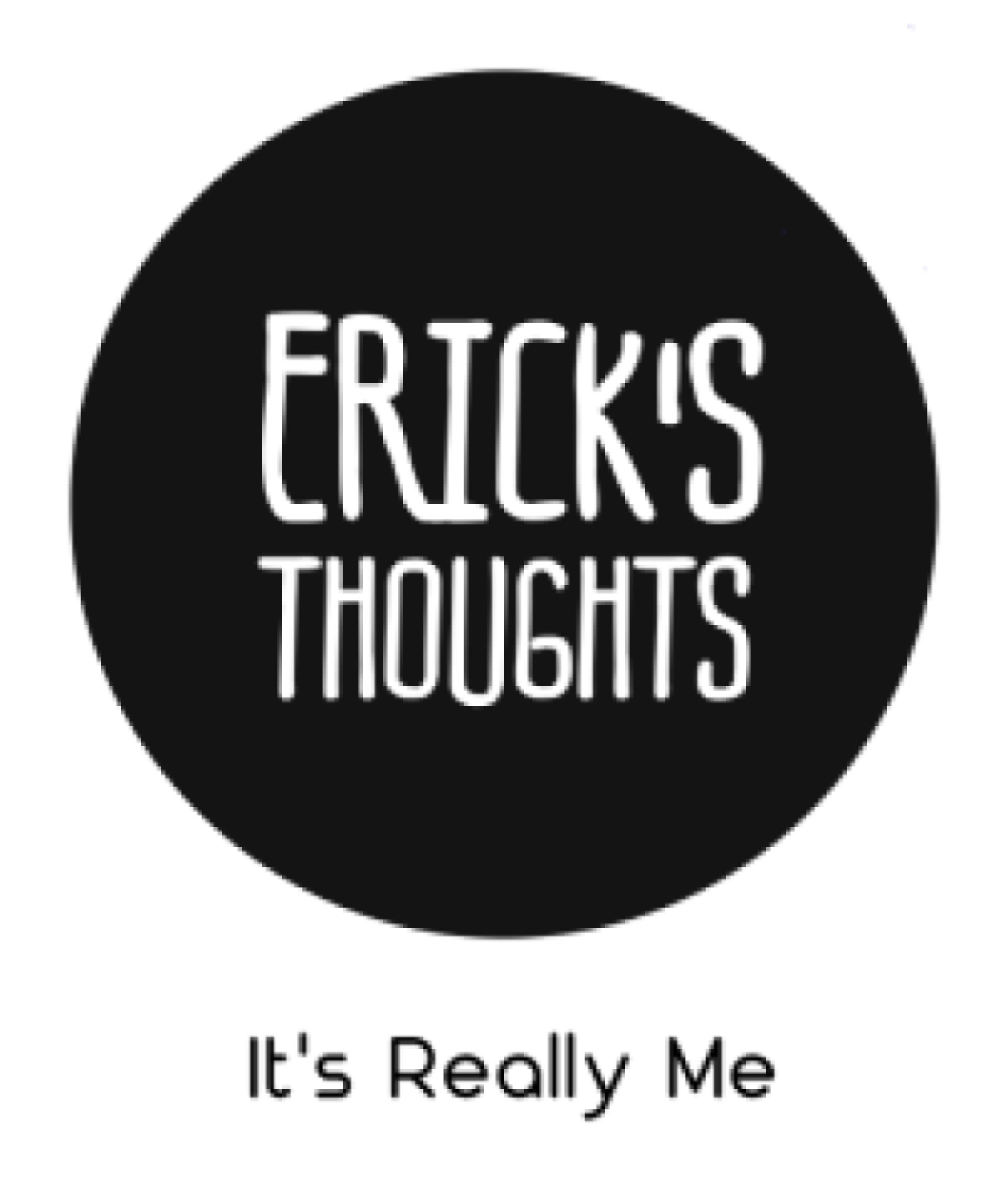Why we trust fame so easily
Main idea: Be careful who you listen to – don’t listen to someone just because they are famous. As biased humans, we all think that we do a great job at thinking and that our beliefs are not only reasonable but they are the correct or preferable beliefs. If we thought there were better beliefs, then we would already be holding those better beliefs today. But we think what we think is best, so no need to change. Not only are we biased, we are also lazy. We use fame as a proxy for vetting the quality of a belief. Instead of taking the time, effort, and maybe discomfort to question our current beliefs and filter incoming ideas, data, and events, we simply think the same thing a famous person thinks. Smart people do this, too, not just dumb people.
Separate from trusting celebrities, a quick word about being wary of news outlets. There are outrageous headlines every day. Rarely do I look up the source interview (the actual raw data) to hear what was said. Second degree implications of events are so prevalent in news media that amidst all the consequences of what is happening it’s not that clear what is even happening. Ratio of life to news might be 1:5, 1:10, or worse. Quotations can potentially be given incompletely, out of context, or without tone. Even the Wall Street Journal is not perfect, but I think it’s pretty good. For example, I see headlines almost every day about Trump or some Trump-affiliated politician saying / doing X, Y, or Z. In the case of Trump, it’s often just as ridiculous as the headline suggested (or even worse like when they needlessly and rudely bullied the Ukrainian president in the White House – like kids, but grown up), but still I checked. Okay, that’s what they did and now I can compare it to what the news said they did and what they think it meant vs. what I think it meant. From there, I can sort of calibrate a bit to sober my intake.
Back to famous people, I’ll give some examples of celebrities that inspired this post and then end with a few general comments.
Case Studies
Jensen Huang – Good example of someone pretty obscure and unknown outside of the business world who went viral and can now be identified by more of the ‘average population’. It’s somewhat a matter of chance who ‘blows up’ and therefore is left holding the megaphone, you don’t filter based on who has the most impactful thing to say, we are factoring by which company’s stock price rose the most and using that as a proxy for goodness / world understanding / benevolence when there’s no reason to believe the two things are strongly related (if at all). Jensen is a really sharp guy and I definitely would ask him for all kinds of advice, but to be instantly elevated to demi-god status for being the head of Nvidia and then parading around like you have all of life’s secrets at the tip of your mouth seems excessive. You’re the same guy you were before everyone knew you. All in all, he doesn’t pose the biggest threat, but worth flagging because we must always be careful.
Elon Musk – Elon is a great example of conflating the ends with the means. Elon doesn’t really care at all how he gets to his goal as long as he gets to his goal. It’s results oriented to the max. He can do really benevolent things, but it costs him nothing and I get the feeling from reading about him that he is pretty ambivalent as to most of his actions being ‘good’ or ‘bad’. He’ll do something considered ‘good’ like paying +$10 billion of taxes just to show he can. He built Tesla. And SpaceX. And he bought Twitter amidst backlash of the overly liberal and sensitive left. He’s so good! I have to be like this guy! People worship him. Yes, he’s a genius and he can get from point A to point B in a way most humans either can’t imagine or are not capable of bearing enough stress / anguish to reach the same end – but that doesn’t automatically make him safe hands for the general public. No one voted for him, yet he’s in the White House heavily influencing policy and people’s lives – weird democracy.
Aaron Rodgers – I respect Aaron Rodgers in a couple of ways. He’s a pretty cerebral, grounded person. He thinks holistically about his career in the NFL and life outside football including family and religion. But the dude is just too attached to the limiting parts of his childhood that in negating it as an adult I think he crosses the threshold into being distasteful. Mainly I’m referring to his comments during Covid about not wanting to get vaccinated and that he believes in alternative healing methods. I’m not dying on the vaccine cross. I can’t prove to you that the vaccines are good or specifically the Covid one, but my intuition says that in a worldwide pandemic I am going to trust the world’s collective doctors (more than myself for sure). I agree we probably don’t need medicine for everything and probably big pharma is negatively perpetuating health crises, but in a pandemic, the risk feels too great. You don’t know and the risk is too great to lead the world down the wrong path. Which is basically his view, but in that specific case I think we faced more risk from inaction than action, personally.
Joe Rogan and similar podcasters – I haven’t heard anything from him to suggest he takes the time to think deeply about his views. Typical example to me of someone that has a huge breadth of experience and is more preoccupied mapping the present onto his past. Laughs at things that he thinks are dumb. Makes small insights sound like revelations or leaking the truth of a conspiracy. Is being 100% genuine. Authenticity is cool, and desirable but it’s not a guaranteed road to virtue or proper thought. He makes it easy for people to understand what he is saying, and we all like to feel like we get things. Useful to get data points about what different people think, but be careful beyond that.
Kardashians – I can’t give an example because I have literally never bothered to hear anything they have to say. That might be too harsh, but I’ll run the risk of missing out on those insights. As you’ll see below, I admit they definitely have insights within some domains.
Jordan Peterson – Dangerous because he sounds smart (and has academic background) therefore serves as an admissible guise for non-rigorous and probably questionable conclusions.
Ray Dalio – More celebrities should be data based like him. He tries very hard to seek alignment with reality even if he’s wrong. I don’t treat what he says as gospel, but he tends to have backup analysis that I can at least review and see if it generally makes sense.
Lebron James – For the most part he is pretty measured and sticks to domains of discussion where he is an expert, such as basketball. Not to say athletes can only talk about sports. He also talks a lot about family and business – both areas where he has clearly invested time to become competent. Another example of someone getting it right.
What to do instead
In general, I think the more backup rationale a celebrity provides the better. The more it sounds like hey I’m a celebrity so my opinion is true the less you should weigh it before doing more homework. Some things get pretty close to being self-evident, but statements with complex consequences rarely tend to be self-evident enough to fit in a 10 second TikTok or Instagram reel.
The tricky thing with celebrities is they usually have kernels of truth (otherwise they would not have achieved what they did), but we need to only give them credit for their truths as it’s relevant to their domains and not extend them too far beyond their areas of expertise. I’ll defer to an athlete in sports or a singer on the voice, but their opinion isn’t worth all that much more (if at all) in matters of right / wrong, critical thinking, etc. A football player is not a doctor. A reality TV star is not a politician. A politician is not an economist. All concepts are connected, yes, but when making generalizations that may be taken up by millions across the world, the bar needs to be higher. It’s not such a big deal if a celebrity gets a big head and believes ridiculous things and lives a certain way – they are only one person after all.
But celebrities have such a unique life and unique experiences so they do know something we don’t. Yes, they are exposed to perspectives a ‘normal’ person would never be able to appreciate, or have the benefit of using to improve. Still, every celebrity is very much human and assuming a normal distribution they aren’t more likely than you and I to cope well with their situation or use it for good. We see things in the media such as addiction and death spirals because celebrities are human, and some humans suck, not because it inherently sucks to be a celebrity (many celebrities don’t die – prematurely). Being famous is in most cases a choice. To continue to choose being famous and at the same time claim it has challenges that can’t be overcome is silly. There is almost always a way to give up fame, but I imagine at an ego level it would be quite difficult to make that decision. I can’t say for sure though, I am not famous, and likely never will be!
We just need to be very careful who we listen to. Of course, it’s always best to listen to yourself assuming you question and think about your beliefs. Otherwise, you are at risk of liking people that project beliefs which arbitrarily happen to align with things that happened in your particular life. Just because something aligns with your experience does not make it universally true. At the same time, personal experience I think is the biggest reason why anything should matter to us. For example, it’s fine if I only care about education and never lift a finger in favor of something like animal rights – even if the only reason for my preference is that I never had a pet. Actually, I think it’s still fine if I do nothing positive. Most people cause harm (even if unintentionally through flawed beliefs), so having net zero impact can be pretty good. What I should never do is actively degrade or go against animal rights in favor of giving education more limelight (as long as I believe that animal rights is a valid cause / not evil). Why the competition? The world is plenty big. I’ll do my thing, you do yours. With enough people, a lot of causes can be addressed and the world will be a better place without us needing to argue what’s more important.
On the flip side, I also think it’s kind of useless to reason the opposite way. “Big business, politics, Hollywood is so corrupt. They don’t know what they’re doing. We need to listen to the tried and true, the old ways, and go back to our roots.” Not true. Just because you don’t like modern culture (in its more liberal, sensitive style) does not make the opposite of that wise or better -> what is usually pushed today by the political right. Why is what they’re saying correct? It doesn’t have any more reason to be correct than the amount by which they have tested their views against other options and keep their information and statistics current with reality. Maybe we are too liberal, maybe not, but that’s a different exercise than just saying it’s too liberal it’s not how I remember the world.
Like everyone else, I consume all sorts of media. Some celebrities are really captivating – there’s something for everyone. I think I can align with them. I buy their merch. They stand for what I stand for. But it’s been too many times that I put the microscope on them and listen to the longer form interview, read their biographies, just hear them express their thoughts and realize oh man, that was a mistake. I don’t cut them out of my life, I just make sure not to turn my brain off.



